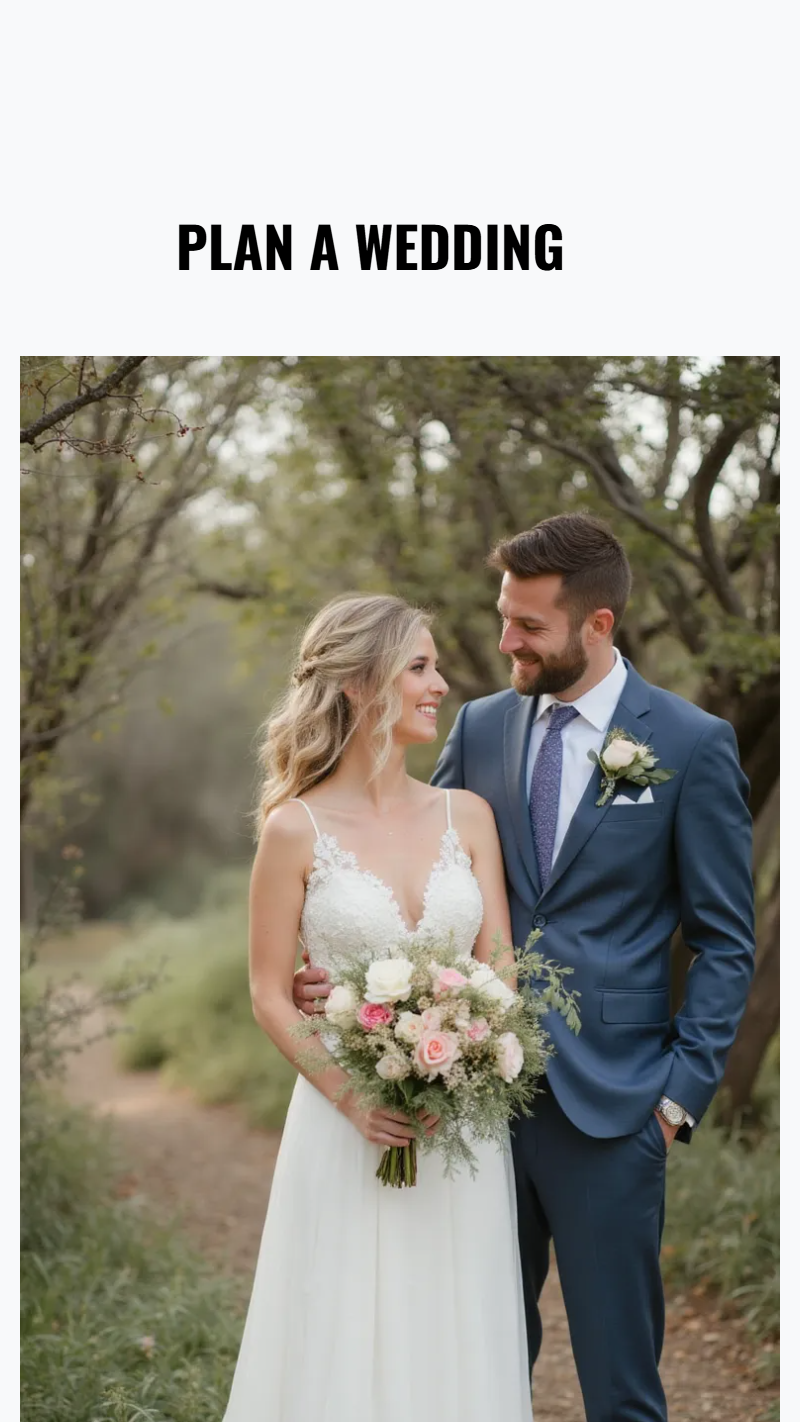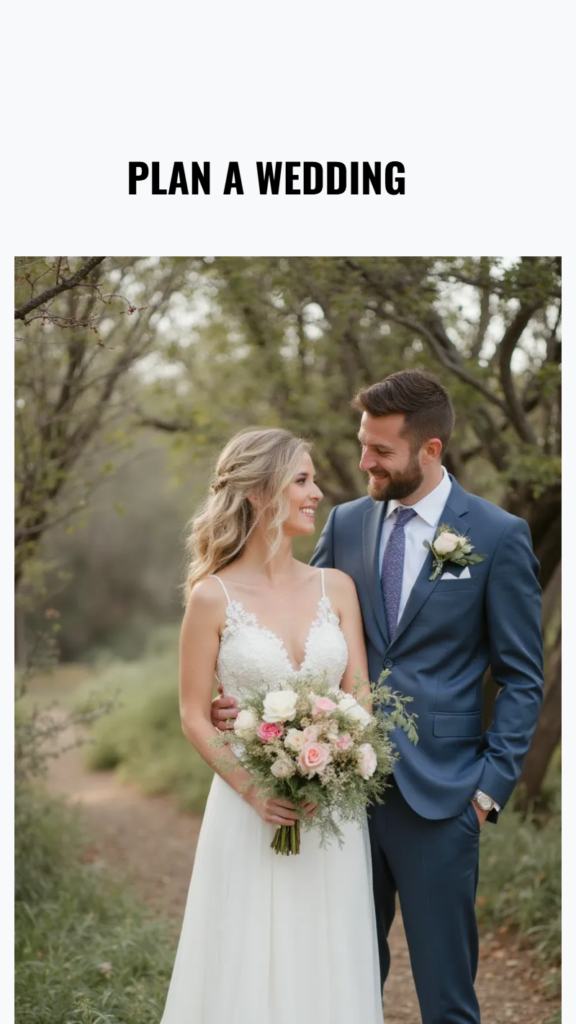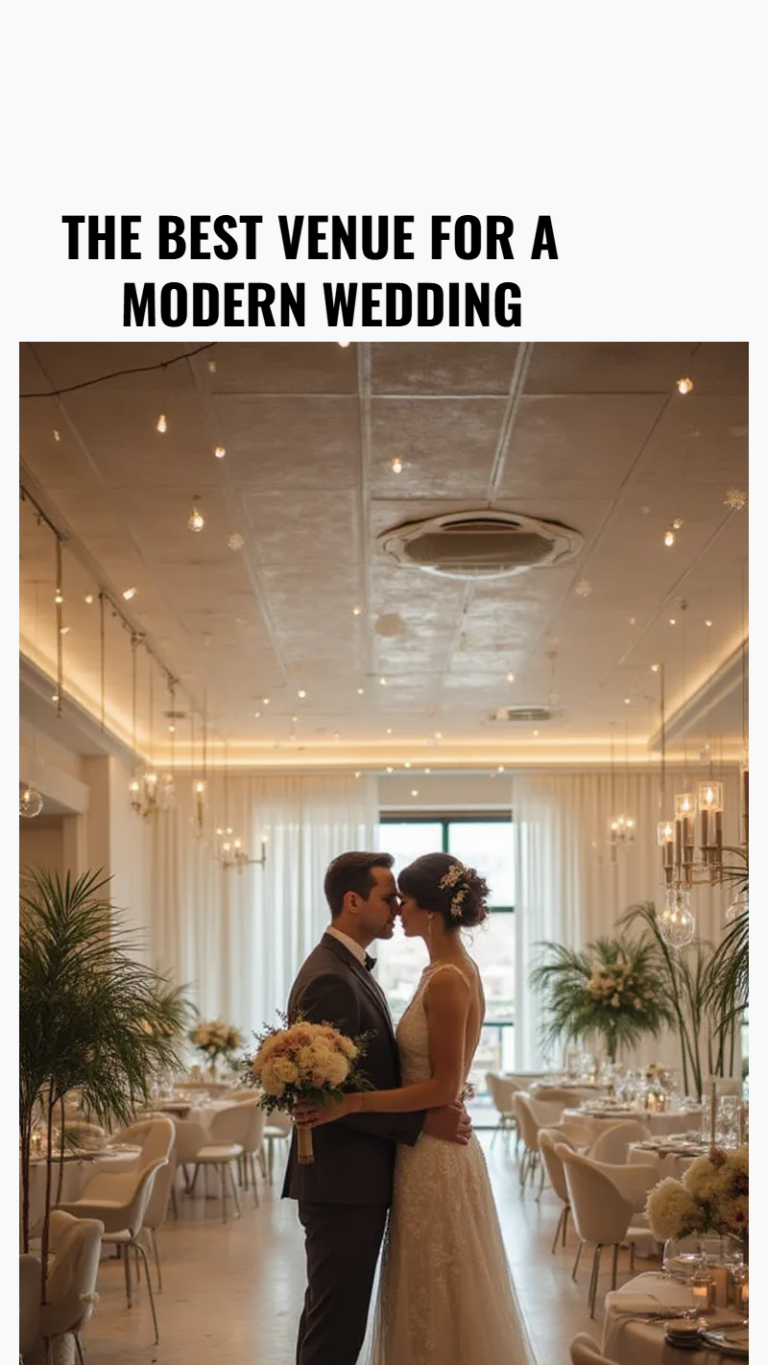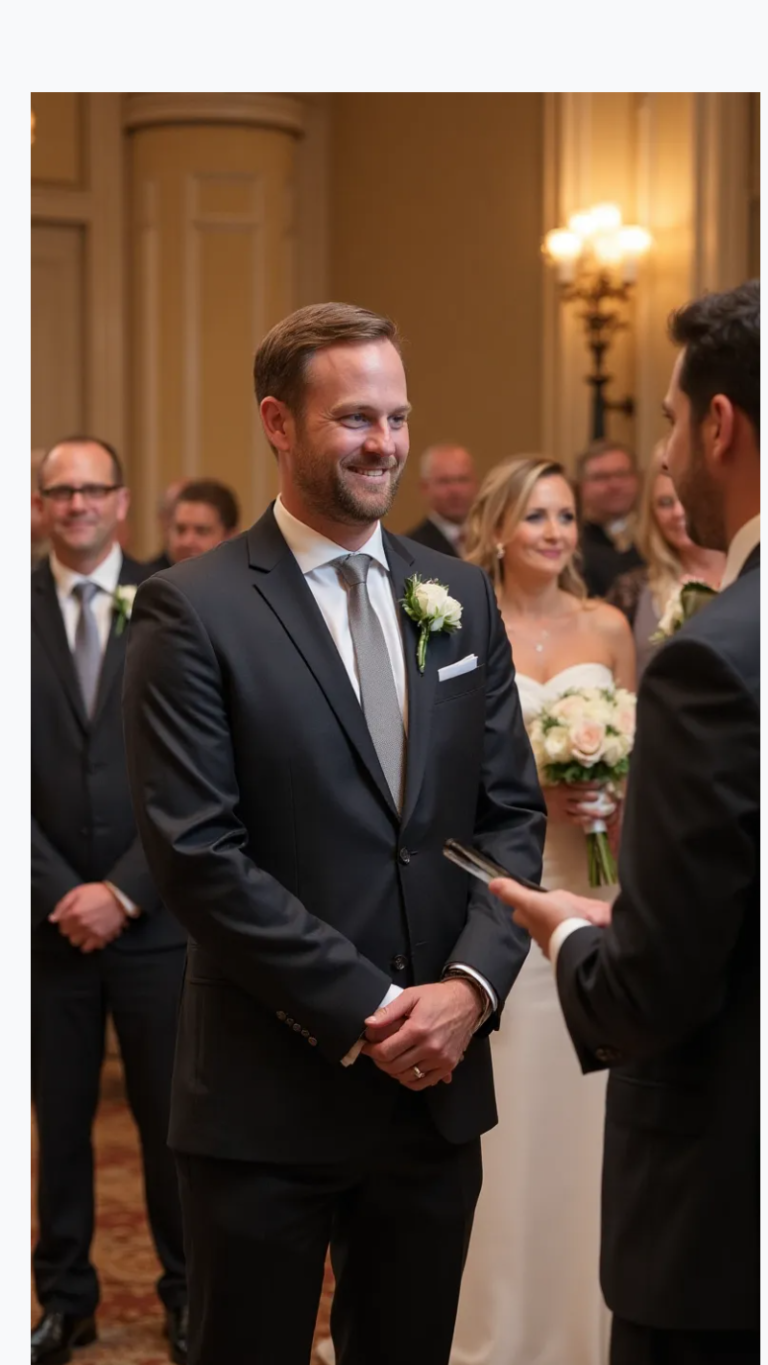How Long Does It Take to Plan a Wedding?
Planning a wedding is a beautiful journey filled with excitement, decisions, and countless details. One of the most common questions couples ask is, “How long does it take to plan a wedding?” The answer varies widely depending on the couple’s vision, budget, and the complexity of the event. Understanding typical timelines can help you set realistic expectations and enjoy the process without feeling overwhelmed.
From booking venues to choosing flowers and finalizing guest lists, weddings require careful coordination. While some couples plan over a year or more, others successfully organize beautiful celebrations in just a few months. Factors like season, location, and vendor availability also influence the timeline. Knowing key milestones and when to start helps you stay on track and create the wedding of your dreams.
Tips for Understanding How Long It Takes to Plan a Wedding
Start With a 12-Month Timeline for a Traditional Wedding
Many couples follow a 12-month planning schedule, which provides ample time to book popular venues, secure preferred vendors, and fine-tune details. This timeline allows for seasonal flexibility and reduces stress by spacing out tasks. Starting early ensures you won’t miss out on in-demand services like photographers, florists, and caterers.
Consider a 6-Month Timeline for a More Intimate Celebration
If you’re planning a smaller wedding or are flexible with dates, 6 months can be sufficient to pull together a meaningful event. Prioritize booking your venue and vendors first, then focus on invitations, attire, and décor. Staying organized and decisive helps make the shorter timeline manageable without sacrificing quality or style.
Allow Extra Time for Destination Weddings
Destination weddings often require longer planning due to travel logistics, accommodation arrangements, and coordinating with vendors remotely. Starting at least 12-18 months ahead gives you the best chance to secure your dream location and ensure all guests have time to make travel plans. This added time reduces stress and allows for smooth communication across time zones.
Build in Flexibility for Unexpected Changes
Weddings can come with surprises, from vendor cancellations to weather issues or last-minute guest changes. Including buffer time in your schedule lets you handle challenges calmly and adjust plans without panic. Flexibility is key to maintaining your excitement and ensuring a smooth planning experience.
Use a Detailed Checklist to Stay on Track
Breaking down tasks by month helps you focus on what’s most important at each stage. From booking the venue to sending invitations and finalizing the timeline, a checklist keeps you organized and reduces overwhelm. Many couples find digital tools or wedding planning apps invaluable for tracking progress and deadlines.
- 12-Month Timeline: Ideal for traditional weddings with busy vendors
- 6-Month Timeline: Suitable for smaller or flexible weddings
- Destination Weddings: Require 12-18 months due to logistics
- Flexibility: Important to handle unexpected changes
- Checklists: Keep tasks organized and manageable
| Planning Stage | Typical Timeline | Key Actions |
|---|---|---|
| Venue & Vendors Booking | 12+ Months Before | Secure location, caterers, photographers |
| Invitations & Attire | 6-9 Months Before | Choose dress, send save-the-dates and invites |
| Final Details & Rehearsal | 1-2 Months Before | Confirm vendors, plan seating, rehearsal dinner |
| Day-Of Coordination | Wedding Day | Enjoy your celebration stress-free |








